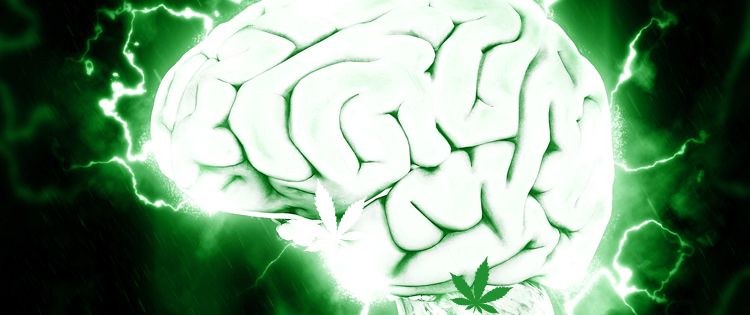The story begins with a historical plant we have been familiar with for countless of generations. From ancient China, throughout to the far reach of ancient Rome, its natural powers for healing have been well documented for thousands of years. In current times, it is even said to treat cancer… so why is it we are not aware of this powerful plant?
Well believe it or not, but this powerful healing plant is Cannabis.
For many years now, it has gained infamy due to its prohibition in many countries.
And while stigma still remains in parts of the world, new evidence is sending the story into a whole new direction. The Marijuana Revolution is taking hold of the world and legalization is spreading throughout many countries- highlighting a new fate for Cannabis.
So why the change of direction?
One of the most influential turning points of the Cannabis saga is the discovery of an entire physiological system within the human body. One just as important as the nervous system we have come to know today, in fact. This system has been responsible for regulating our everyday health behind the scenes and possibly holds the secret to a wider future of medical advancements.
The Endocannabinoid System
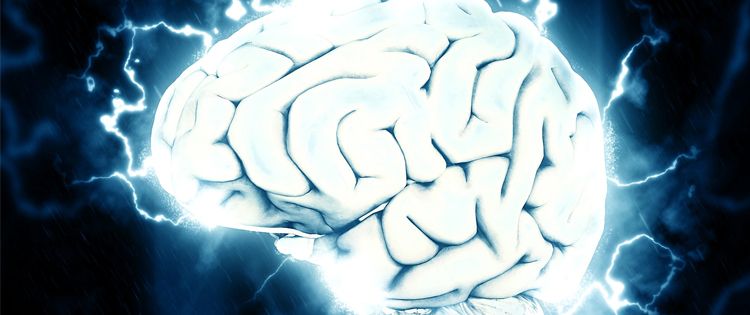
In this article I will take you through Everything You Need to Know About the Endocannabinoid System and how significant it is to the medical field and the future of Cannabis.
So What is the Endocannabinoid System?
It all began with the discovery of the psychoactive substance in cannabis- Tetrahydrocannabinol (THC), which was first discovered by Israeli Scientist Dr Raphael Mechoulam in the mid-1960s. This research opened up the door to the discovery of a new cluster of receptors and further led to the discovery of the chemical Anandamide in the 1990s (a major neurotransmitter responsible for the pleasure we feel when our body wants to reward us for good behavior). This was a breakthrough in our understanding of homeostasis.
In Martin Lee’s work in 2012, Dr Mechoulam had this to say;
“By using a plant that has been around for thousands of years, we
discovered a new physiological system of immense importance.”
A very good point, don’t you think?
So…. what is the endocannabinoid system? And what does it mean to us in our everyday life?
When you think of the word cannabinoid, you might immediately start thinking of cannabis (which is not too far from the truth, as the ECS was discovered through THC). But when you scientifically break down the word, it may not sound so dubious.
- “Endo”, which is short for “endogenous”, which means that it naturally occurs within the human body.
- And “cannabinoid” which refers to specific receptor sites that respond to cannabinoid chemicals.
Thus, the Endocannabinoid System is precisely as the name suggests- a naturally occurring system of cannabinoid receptors that exist throughout the human body.
The Endocannabinoid system is our very own natural neural map for maintaining a healthy body.
But to fully understand the Endocannabinoid system, we first need to cover the basics of how receptors work, how it all works together.
Understanding the Receptors- What Are They?
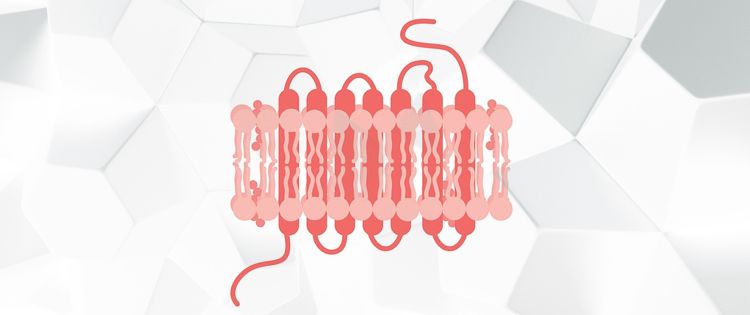
Understanding how receptors work is actually quite an easy venture. Scientifically speaking, receptors are molecules located within the cells throughout our body that act as the “ear”. They are designed to respond to certain chemicals that instruct the cell to behave in a certain way. A single cell may have many types of receptors, and each one will be designed to respond to a special instruction. This is the body’s way of sending messages around to keep everything working perfectly.
Types of Receptors in the Endocannabinoid system
Within the Endocannabinoid System (ECS) there are three different types of receptors:
Cannabinoid Receptor 1 (CB1) – Primarily located in the Nervous system
Cannabinoid Receptor 2 (CB2) – Primarily Located in the Immune system
And TRPV1. – A non-cannabinoid receptor that responds to stimulus and Anandamide
They are located throughout the body, which means that the over-reaching effects are quite wide-spread when activated. And just like any receptor, they respond to a specific group of chemicals known as Endocannabinoids. The most well known of these are Anandamide and 2-arachidonoylglycerol (or “2-AG” for short).
Endocannabinoids are basically like the body’s own natural way of creating its own THC. They actively search out, and respond to cannabinoid sites in the brain and immune system and mediate such things as your:
- Mood
- Appetite
- Memory
- Pain management
To find out more about the different Endocannabinoid receptors, how they differ and where they are located, you can read about them here.
How Does Cannabis Impact The Endocannabinoids?
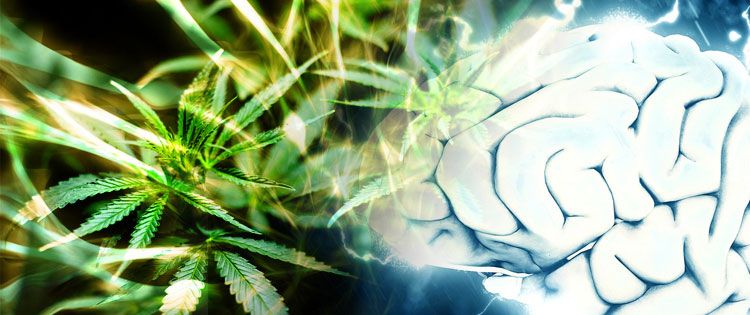
According to Dr Ethan Russo, an MD neurologist Medical Director Phytecs, with the introduction of cannabis into the body, the “cannabis locks in perfectly with the Endocannabinoids to cause a reaction”.
Normally a dulling effect ……
Cannabis is a plant which creates small glandular trichomes that in turn produce phytocannabinoids (A plant-based cannabinoid) which interact with the CB1 and CB2 receptor sites- in a similar way to our home-grown endocannabinoids.
So it is by following the same natural neural map, that the use of the plant-based cannabinoid (such as the THC found within Cannabis) is so readily absorbed by the body with little side effects.
The Endocannabinoid system process, in short, can be stimulated by Cannabis in positive healing ways. This is why it is important to understand how it works in the human body.
The two main phytocannabinoids that medical researchers are interested in are THC and Cannabidiol (CBD). THC helps moderate our perception of pain (without the side effects of strong narcotics!), while CBD has shown to have anti-inflammatory properties.
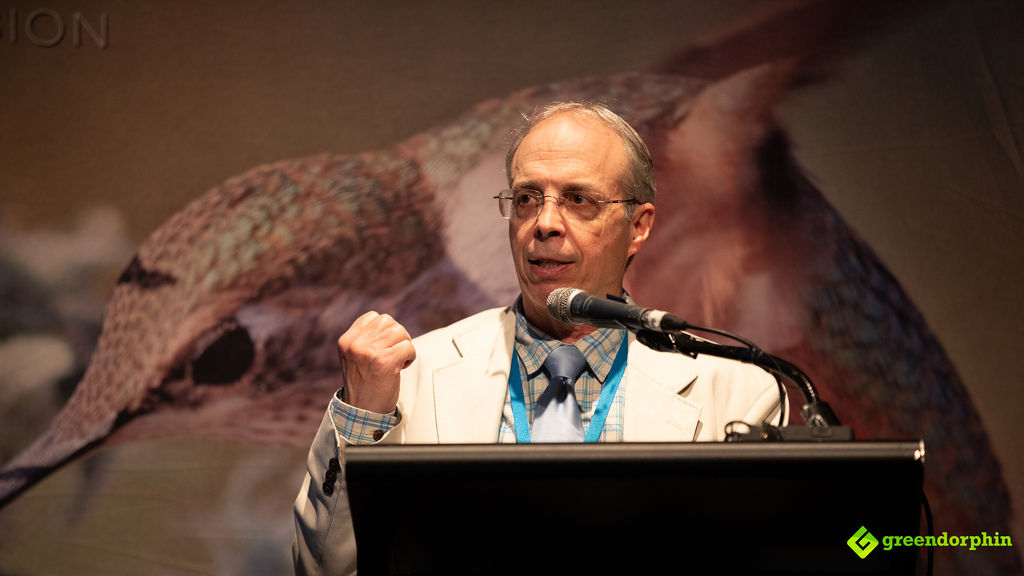
Dr Russo even further explains that when you have too few endocannabinoids, you may suffer from something called Clinically Endocannabinoid Deficiency (CED) which may contribute to illnesses such as Fibromyalgia, Migraines, and even IBS.
So not only are they important for us to function well, we may not benefit from losing them either.
What’s the Future of Medical Science Now That We Know This
Currently, our medical practice can seem rather limited; relying on a few accepted choices on how to ingest medicine- taken primarily as a pill, injected, or inhaled.
The idea of ‘smoking’, or utilizing oils and plant-based treatments can make doctors feel uneasy- due to the negative spotlight over the years. However, the acceptance of Cannabis in mainstream medicine opens our doors to a wider world of options on ways we can seek treatment. Options that safely utilize a natural strength within our own bodies to cure illness.
In the words of Dr Mechoulam himself, – “We wouldn’t have been able to get there if we had not looked at the plant.”
The stigmatization of cannabis and its benefits in order to stick to old forms of practice risk slowing down future research. We should not be afraid to research Cannabis when it’s clearly holding a world of benefits- in the treatment of cancer, nausea, and much more.
Why is it important to get our Facts Straight?
With Marijuana entering the public scene, (both medical and fun), it is wise to exercise caution when putting anything into our own bodies. With the discovery of the ECS opening up many- and exciting avenues of medical treatment for the future, it still follows the same rules of medicine like everything else. That means, gaining information before you try anything new, speak to a well-informed healthcare professional- And most of all:
Remember not everything works the same for everyone.
It is easy to get excited and want to run out there and begin using it.
It is also easy to accidentally make the wrong choices, and end up with a severe reaction. Always be safe and well-informed about your decisions and what you expect to gain from them.
For further information on the Endocannabinoid System (ECS) work, watch the below video with Dr John Teh, Cannabinoid Clinician:
Do you have any scientific inquiries about how Cannabis works and impacts the body?
Tell us in the comments below, and we might write about it!
- Going Anti-Malaria with Marijuana - March 17, 2017
- Wasting Away- How Cannabis Helps AIDS Patients - February 10, 2017
- Cannabis: The Hidden Cure for Bone Disease - January 18, 2017

